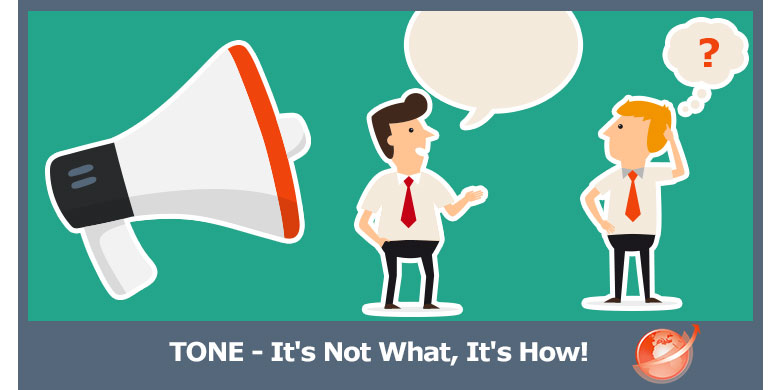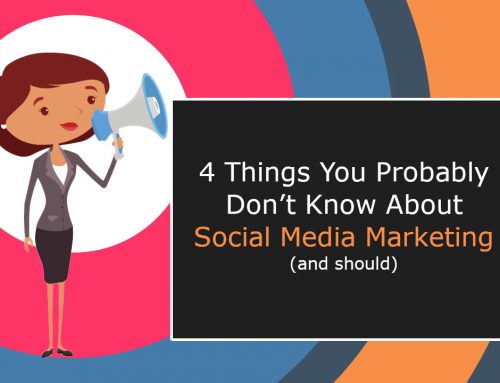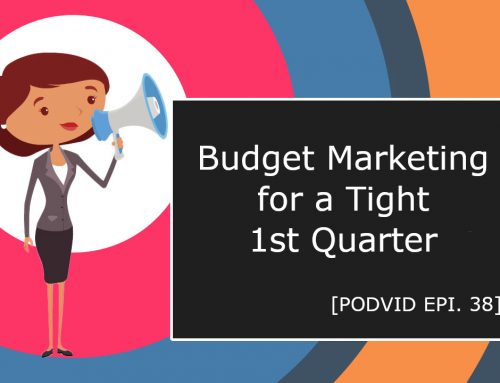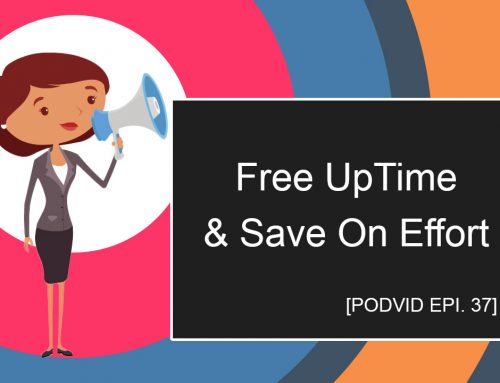This age-old saying deals with tone.
“Tone matters a lot more than people realize, because when someone reads something written they’re reading it in their inner narrative voice, which can come with a tone depending on how things are written.“ We’ll go on to explain why tone matters so much.
It’s a Feeling
Have you ever heard the saying in the title? I recall hearing it from my Mother, but the saying is quite old and has been passed around quite a lot. While the saying encompasses a lot of statements, the one I learned was when I apologized, to say it and mean it instead of just an “I’m sorry” to get the parents off my back.
What you say means plenty, but what you MEAN by it means a lot more. More importantly, what you mean and what you have conveyed to the reader will never get discussed with you, they’re all an inner feeling one gets when reading. That’s why it’s so important to get right.
Read it Aloud
To get an idea of what tone means, try reading aloud. The category of a situation only becomes apparent when the tone is determined; the intent of the writer. Just as movies can be classified as comedy, horror or drama, the tone can be identified in writing. A comedian’s writing might be taken wrong if the tone cannot be figured out, especially if they have a dry sense of humor and incorporate sarcasm into their schtick. The written word (without the use of emojis) is difficult to convey emotion, meant to be inferred instead of directly understood. This is why people who write emails frequently are misunderstood by the recipients – the tone of the email cannot be universally understood, so some get it wrong and assume it is hostile, rude, or otherwise.
Ask Others to Help
It’s not enough to simply read what you wrote to yourself, aloud or otherwise because they’re your words. You won’t see any strangeness or misinterpret the tone of your own writing, because you know your own mood when you wrote it. You’ll need some outside perspective, so have a friend or family member, even an associate at work read through it and get their honest opinion on the tone. Ask them, “How did that sound to you, what is the feeling you get when you read it?”. When you find out how others feel when they read what you wrote, you can adapt and change the writing so it is catered to the tone you want to communicate.
Tone Matters in Marketing
There are other purposes for tone as well. Tone can be, and is often employed in marketing communications based on the intended audience. A clever marketer who has customers projected in the 18-24 as well as the 50+ range is going to make different advertisement copy for those groups. Same product, but a different angle.
Example 1 – Younger Audience
If the advertisement is for a multivitamin, the company would make a fun advertisement with loud colors, and famous people. They’d focus on two students studying in the library, as they run and hide behind the shelves giggling as the library closes around them. They light a candle and study on into the night, wide awake, feeling great, and all helped by taking that multivitamin. The end of the commercial sees the two girls giving each other a high-five with one hand, as the other clutches the exam with a big red A on it. Their advertising copy would be written using terms that are trendy with people their age, like “This vitamin keeps me on fleek”.
Example 2 – Older Audience
Now let’s try that with the 50+ group. The same company may put a group of seniors onto a cruise ship, and show an older woman unpacking her suitcase and hanging blouses in the ship’s cabin. She looks tired, and sits to rest a moment. She then reaches into her purse for her vitamins, takes one with some water, and we watch her finish unpacking quickly. Seemingly within moments, her eyes look brighter, her mood is improved, she’s got energy and excitement as she throws open her cabin door in her red bathing suit and sun visor, throwing out jazz hands to her friends. She’s ready to enjoy that cruise! Their advertisement would use more muted colors, pastels, nothing annoying or loud, and they’d use more refined words in their copy. It might read, “The only multivitamin for vivacious seniors!”
In both cases, the advertising company has used tone, in a way that conveys fun but to two totally different age groups. The way one writes changes based entirely upon the audience, and the intent of the writing.
Write to Your Audience
Anyone who is doing any form of content writing needs to always be aware of the tone of their own personal writing. Some writers have had more luck with their focused audiences by writing extremely informally, even including some swearing here and there. To some it feels more like talking to or listening to a friend, and to others it is off-putting, rude, and nearly insulting treatment having to read something so harsh and irritating. Your analytics and some research should be all you need to determine the tone your audience will respond to the best. Most often, people appreciate a well turned phrase, the use of intellectual words but not so many that they lose all context, or have to be looked up on Google. They enjoy a finely crafted sentence, and deep meaning in fewer words.
Example of Tone: Two Ways
Tone matters, perhaps not more than what you’re saying, but it does matter and it’s never the topic of discussion after reading a written piece. People may discuss the content of the piece, but most will miss how it made them feel, which will affect their overall opinion of the piece more than anything else. Here is another example. Say for instance, there are two leading political parties in Anywhere, Any World. In Anywhere, there are the Here and There parties. The Here party is liberal and the There party is conservative. The Here party is not the party in power at the time of the article, and the article reads,
“Today in Anywhere, the Theres have done it again. They’re blocking all attempts by the Heres to institute free healthcare for all citizens of Any World. This is typical behavior by the Theres who cannot see past their own noses for the future of Any World, and they have a long history of stopping progress. The Heres are encouraged by the strike lines which seem to grow every day. Don’t forget to do your part, make that sign today!”
Clearly the tone of the article is meant to kindle the anger of the There party, and to cause drama. It is also meant to inspire the Heres to do something meaningful. Depending on the person reading it, it takes on two completely different tones.
Last Advice
Someone wise said, “Words are an arrow let fly” which is why it is so important to double-check intent and meaning before those words are distributed to the public. In marketing your brand, your name, your company and image are everything. When you get your tone wrong, you alienate your audience and they feel misunderstood at worst, and at best – have no emotional attachment to the writing at all, they are completely ambivalent about it and don’t care at all. Neither of those are good for business, because in marketing you’re looking to make that connection, to show your similarity and like-mindedness to people, to make that human connection where people feel they know you, and you don’t just know them, but you know what they want.
So watch your tone, and happy writing!






![Do you know BERT? [Google SEO]](https://magiwebsa.com/wp-content/uploads/2019/11/podvid-epi35-cover-500x383.jpg)